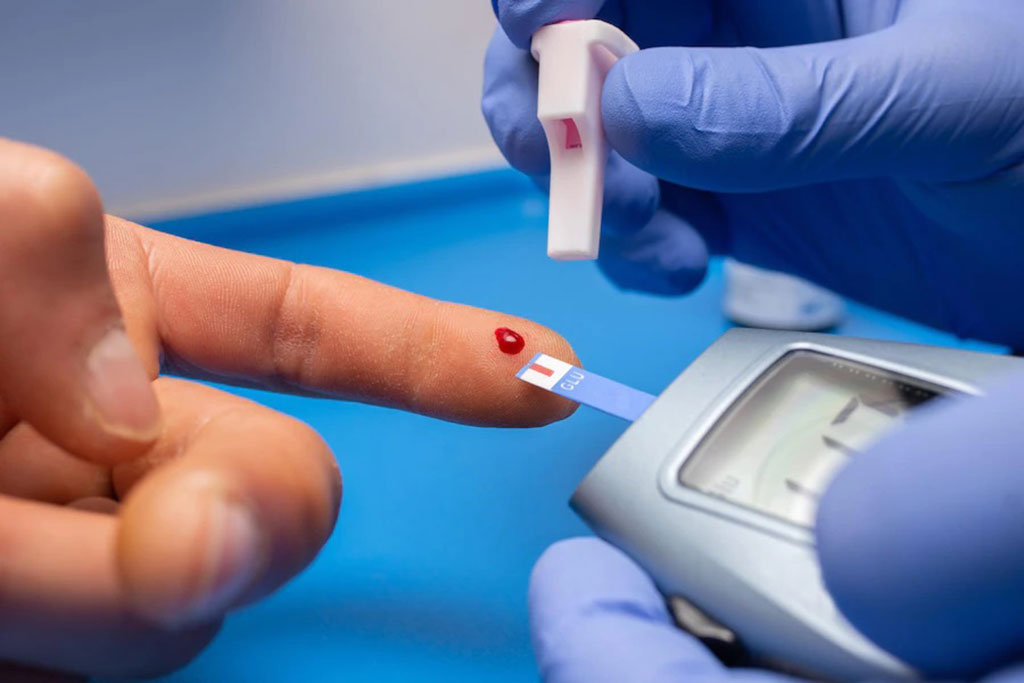Blood Test to Measure Sugar Molecule Can Predict Alzheimer’s
Posted on 13 Apr 2023
In Alzheimer's disease, brain neurons deteriorate and die, a process believed to be linked to the abnormal buildup of amyloid-beta and tau proteins that play a critical role in the development of severe dementia. Studies on Alzheimer's treatments indicate that intervention should begin early in the disease progression to prevent extensive neuronal loss and potentially reverse the process. Both practical and financial considerations drive the need for non-invasive Alzheimer's screening methods. Blood-based markers are preferable to cerebrospinal fluid sampling, which is more challenging, and brain imaging, which can be costly. Now, researchers have discovered that a type of sugar molecule in blood is associated with the level of tau, paving the way for a blood test that can predict Alzheimer’s disease.
Researchers at Karolinska Institutet (Stockholm, Sweden) have demonstrated that the presence of a particular glycan structure in blood, called bisected N-acetylglucosamine, can predict the risk of developing Alzheimer's disease. The research team had previously established a connection between tau protein and glycan levels in Alzheimer's patients, but those analyses were conducted using cerebrospinal fluid. Glycans are sugar molecules located on protein surfaces, which are essential building blocks of life, and they determine the proteins' location and function within the body. By examining blood glycan levels, the researchers discovered that individuals with matching glycan and tau levels were over two times more likely to develop Alzheimer's-related dementia.

The study was based on data from 233 participants in the Swedish National Study on Aging and Care in Kungsholmen (SNAC-K). The samples were gathered between 2001 and 2004, and participants were regularly monitored for factors such as memory loss and dementia presence. Follow-up assessments occurred every three to six years and spanned 17 years. The researchers now plan to analyze blood samples from the remaining SNAC-K participants and from other aging study participants within and outside Sweden.
“The role of glycans, structures made up of sugar molecules, is a relatively unexplored field in dementia research,” said the study’s first author Robin Zhou, medical student and affiliated researcher at the Department of Neurobiology, Care Sciences and Society (NVS), Karolinska Institutet. “We demonstrate in our study that blood levels of glycans are altered early during the development of the disease. This could mean that we’ll be able to predict the risk of Alzheimer’s disease with only a blood test and a memory test.”
“We also show that a simple statistical model that takes into account blood glycan and tau levels, the risk gene APOE4 and a memory test, can be used to predict Alzheimer’s disease to a reliability of 80 percent almost a decade before symptoms such as memory loss appear,” added corresponding author Sophia Schedin Weiss, docent at NVS, Karolinska Institutet.
Related Links:
Karolinska Institutet













